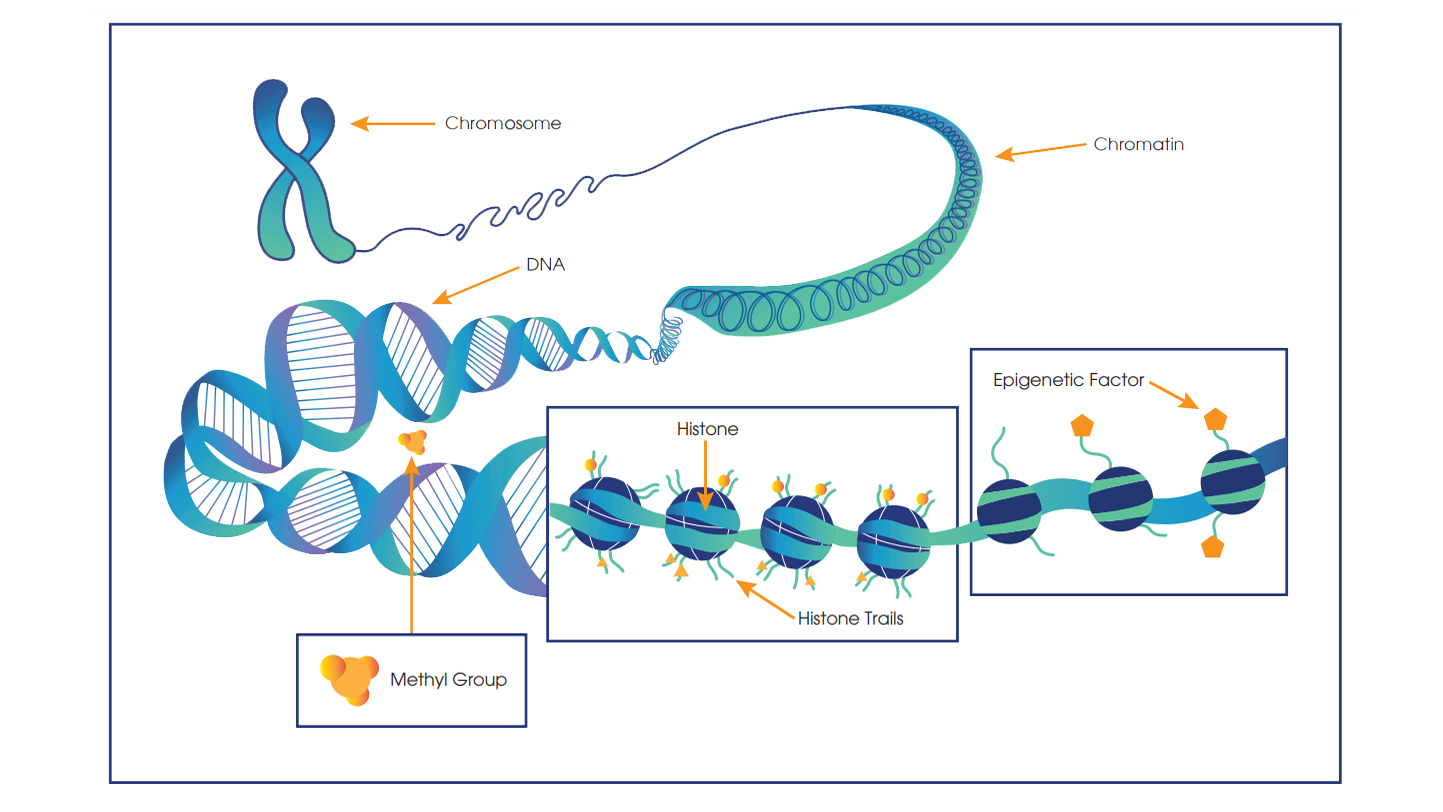
Nanomedicine Applications: Revolutionizing Healthcare Delivery

Nanomedicine Applications: Revolutionizing Healthcare Delivery
Nanomedicine, a field at the intersection of nanotechnology and medicine, is making waves with its transformative applications in healthcare. This article explores the diverse and promising applications of nanomedicine, showcasing its potential to revolutionize the delivery of healthcare.
Precision Drug Delivery: Targeting the Source
One of the standout applications of nanomedicine is precision drug delivery. Nanoparticles can be engineered to carry medications directly to specific cells or tissues, maximizing therapeutic effects while minimizing side effects. This targeted approach holds immense promise for treating diseases such as cancer, where precision is critical to avoiding damage to healthy cells.
Advanced Imaging Techniques: Seeing the Unseen
Nanomedicine is pushing the boundaries of medical imaging with advanced techniques that were once unimaginable. Nanoparticles can be designed to enhance contrast in imaging, allowing for more detailed and accurate visualization of tissues, organs, and even individual cells. This breakthrough is transforming diagnostics and enabling early detection of diseases.
Personalized Medicine: Tailoring Treatment to Individuals
Nanomedicine is playing a pivotal role in the era of personalized medicine. By leveraging nanotechnology, healthcare providers can customize treatments based on an individual’s unique genetic makeup, allowing for more effective and targeted interventions. This shift towards



